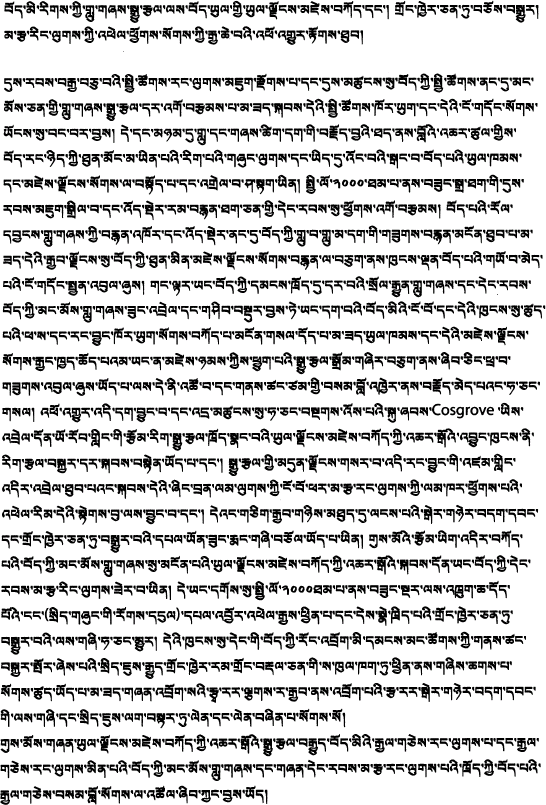Published online by Cambridge University Press: 06 December 2018
A myriad of ethnomusicological studies have explored change and modernization in musical cultures across the world. However, few have explored transformational changes with capitalism as the main analytical frame. This is despite the fact that capitalism, in its various forms and phases, has arguably been the key driving force of the modem world for centuries, underpinning or shaping industrialization, nation-state formation, colonialism, rapid or intensive economic growth/crises/disparity, technological innovation, the advent of wage labour, urbanization, and global connectivity. In this article I explore capitalist transformation as a seismic shift in people's relations to and identifications with land, nature, and place, as manifest in song lyrics and videos created/performed in contemporary Tibet.
